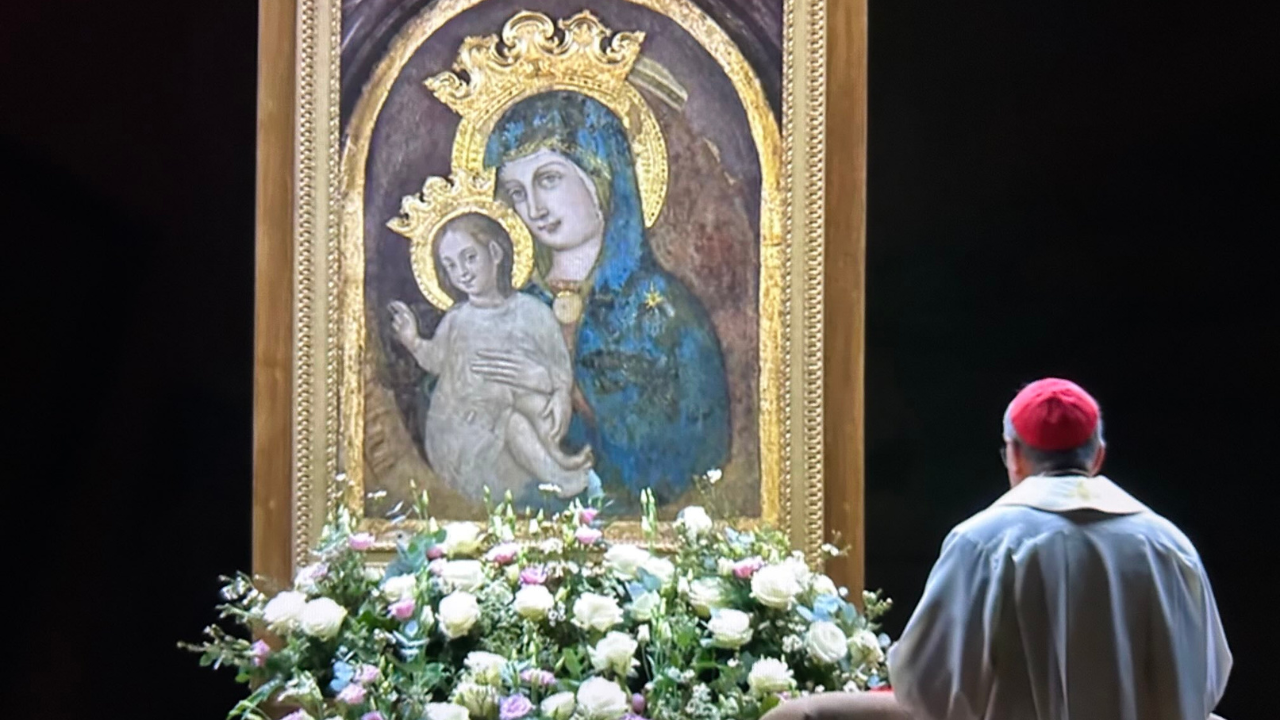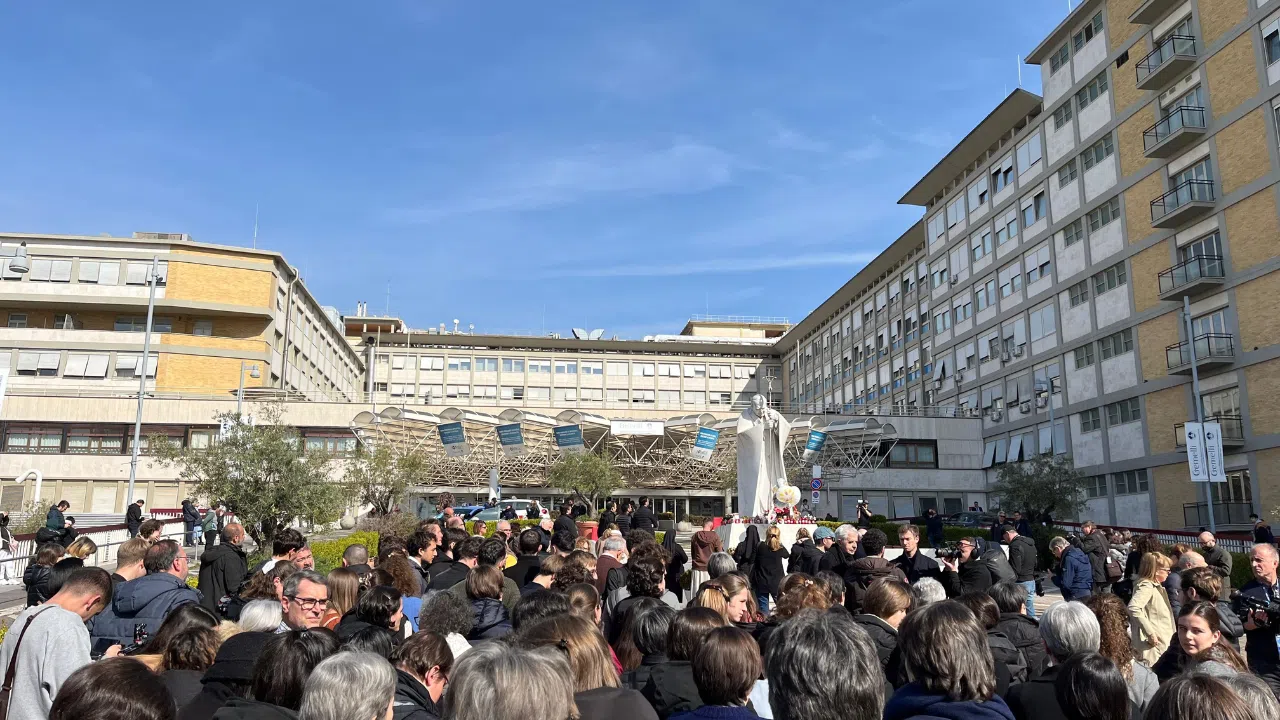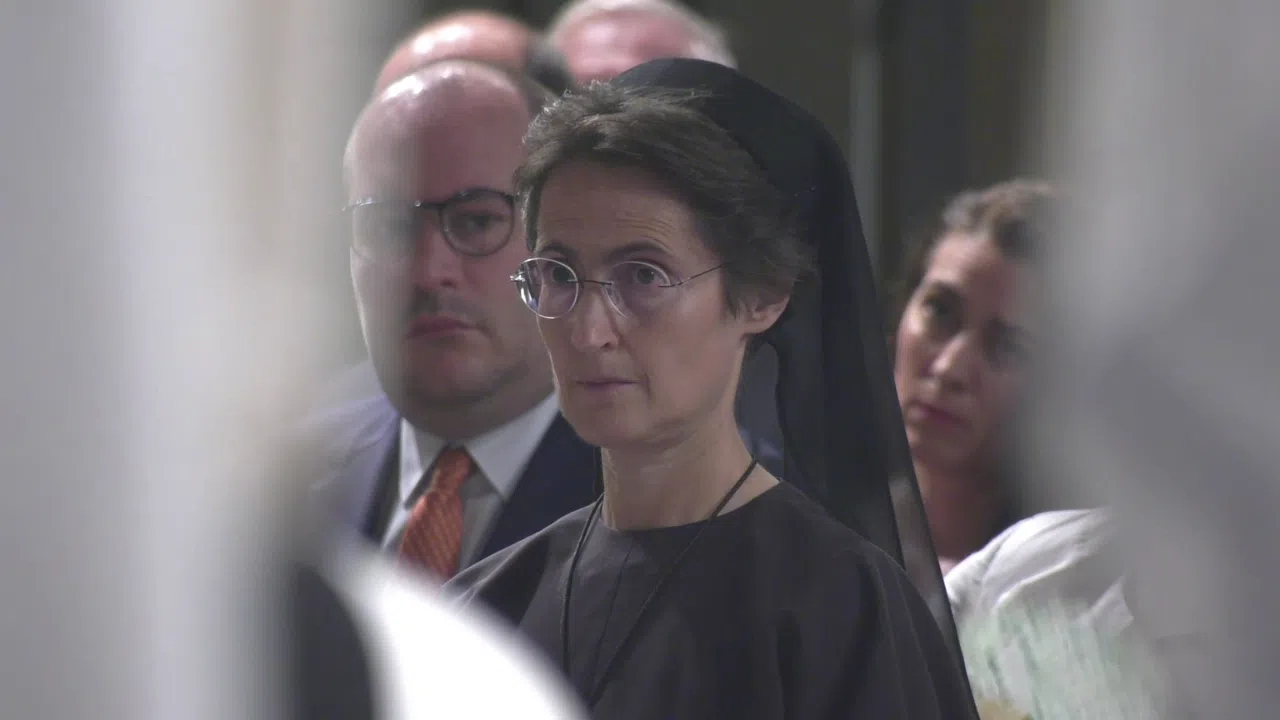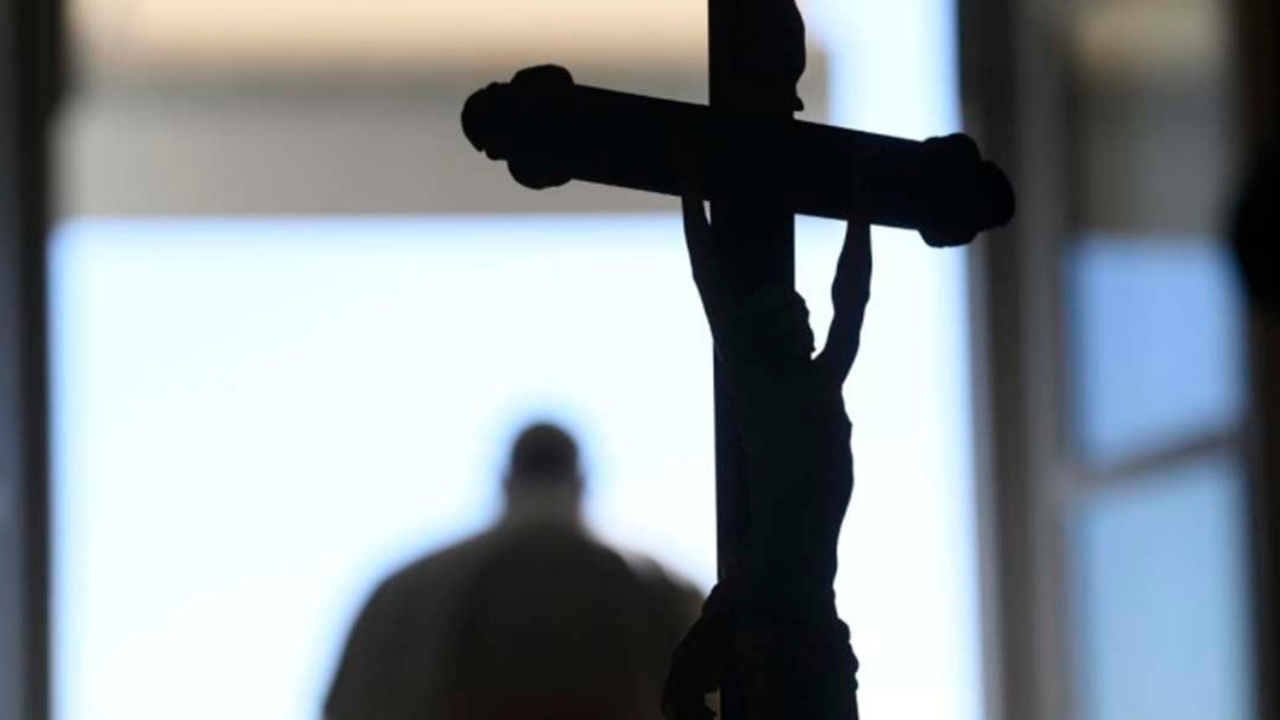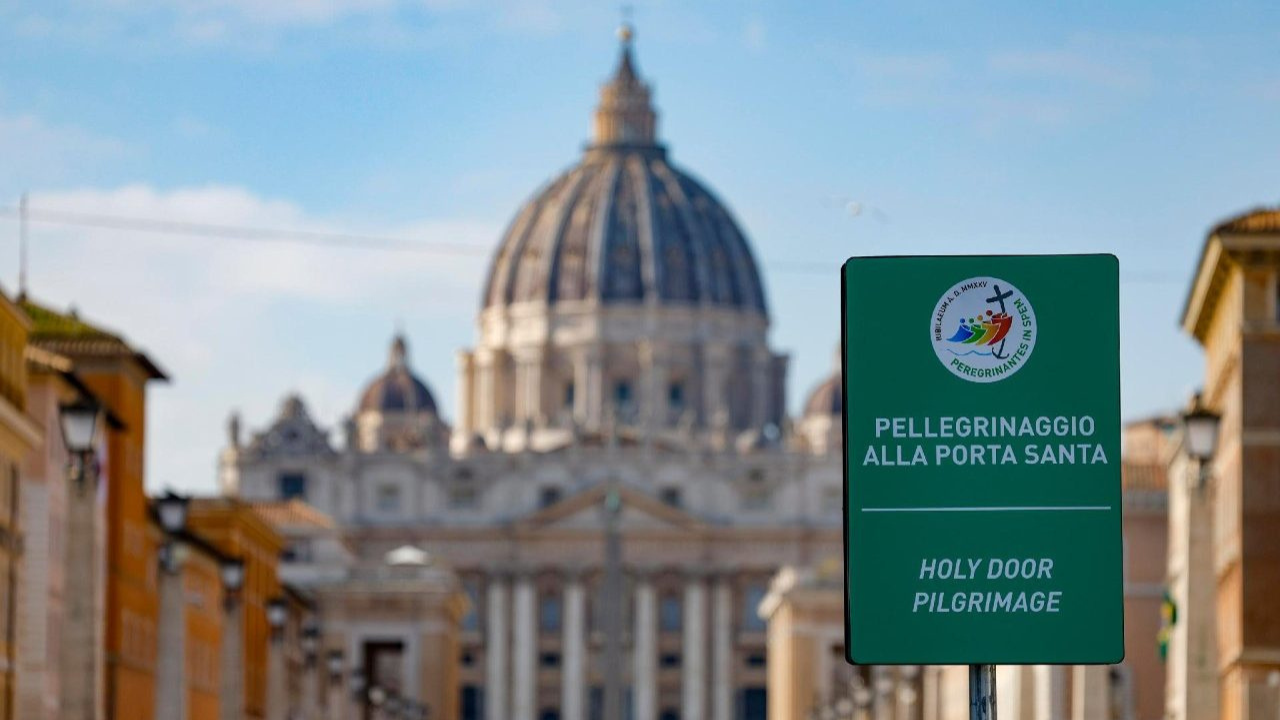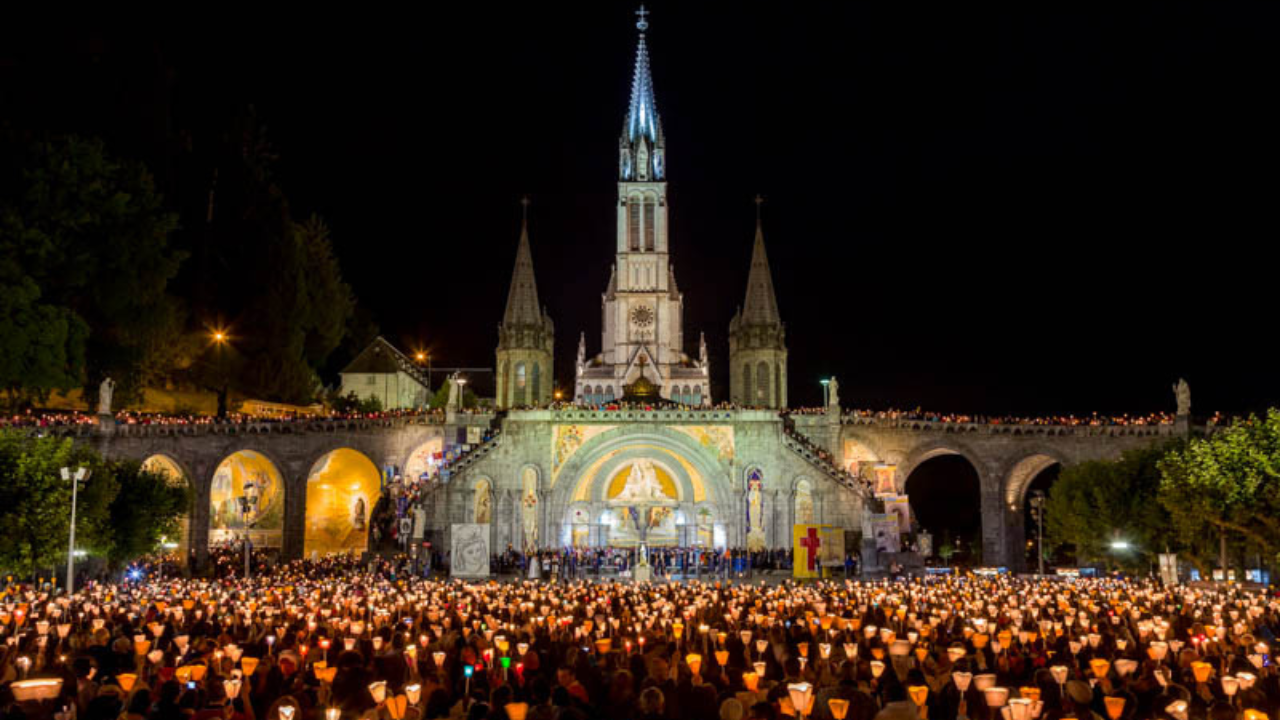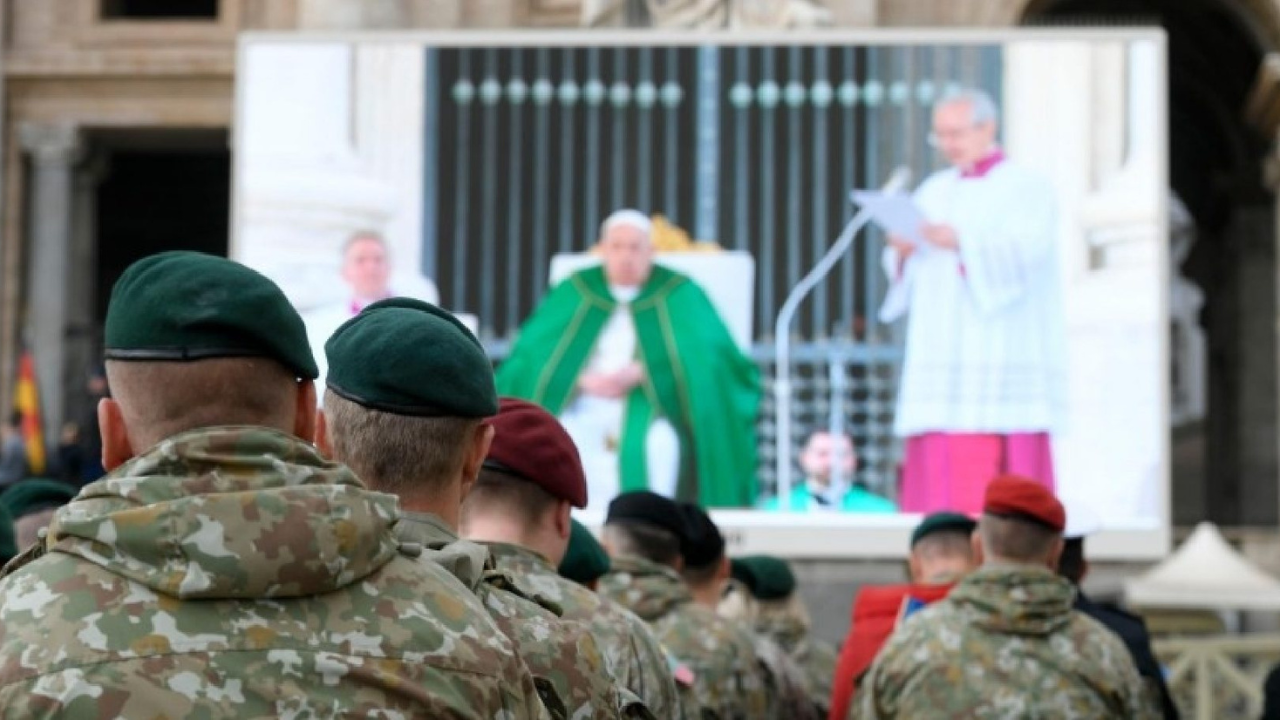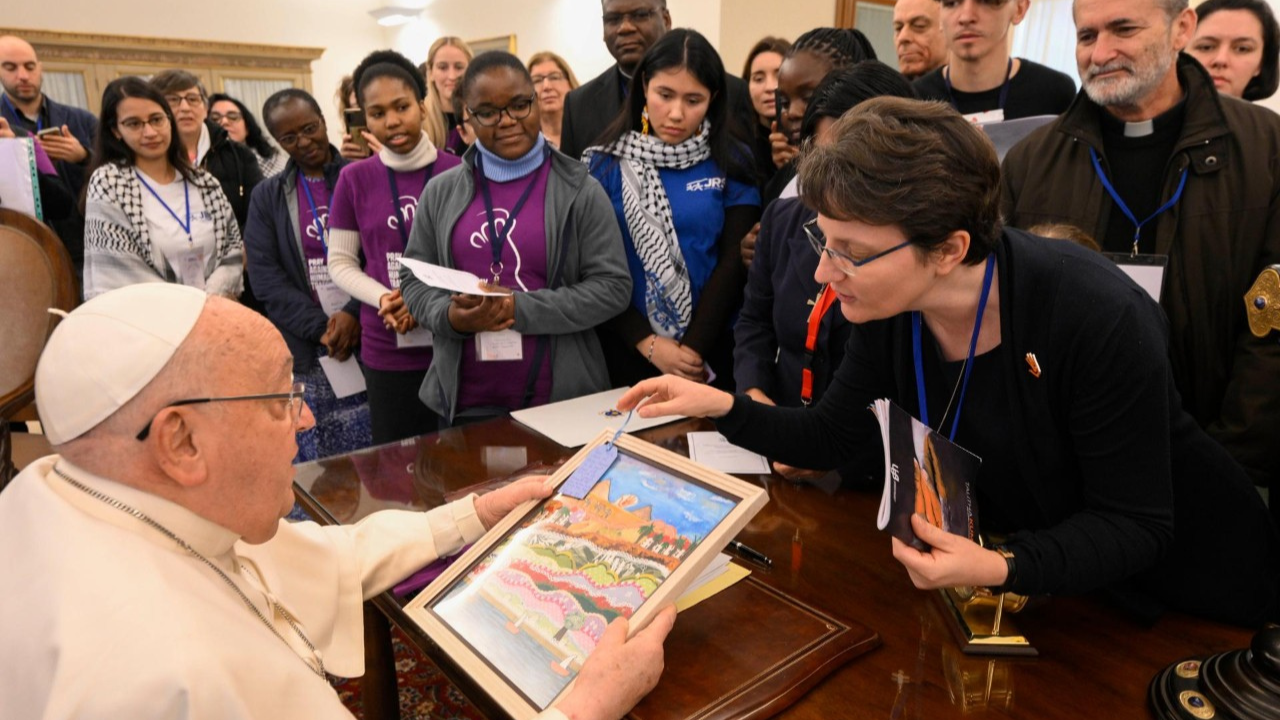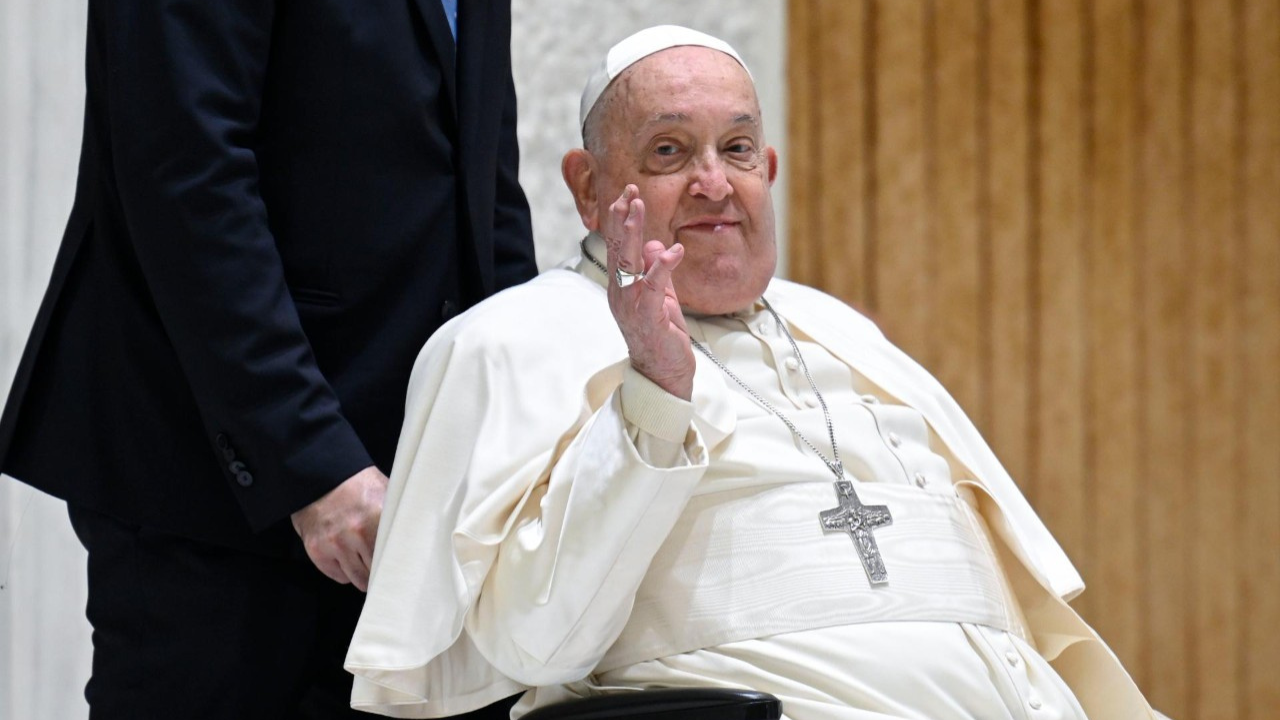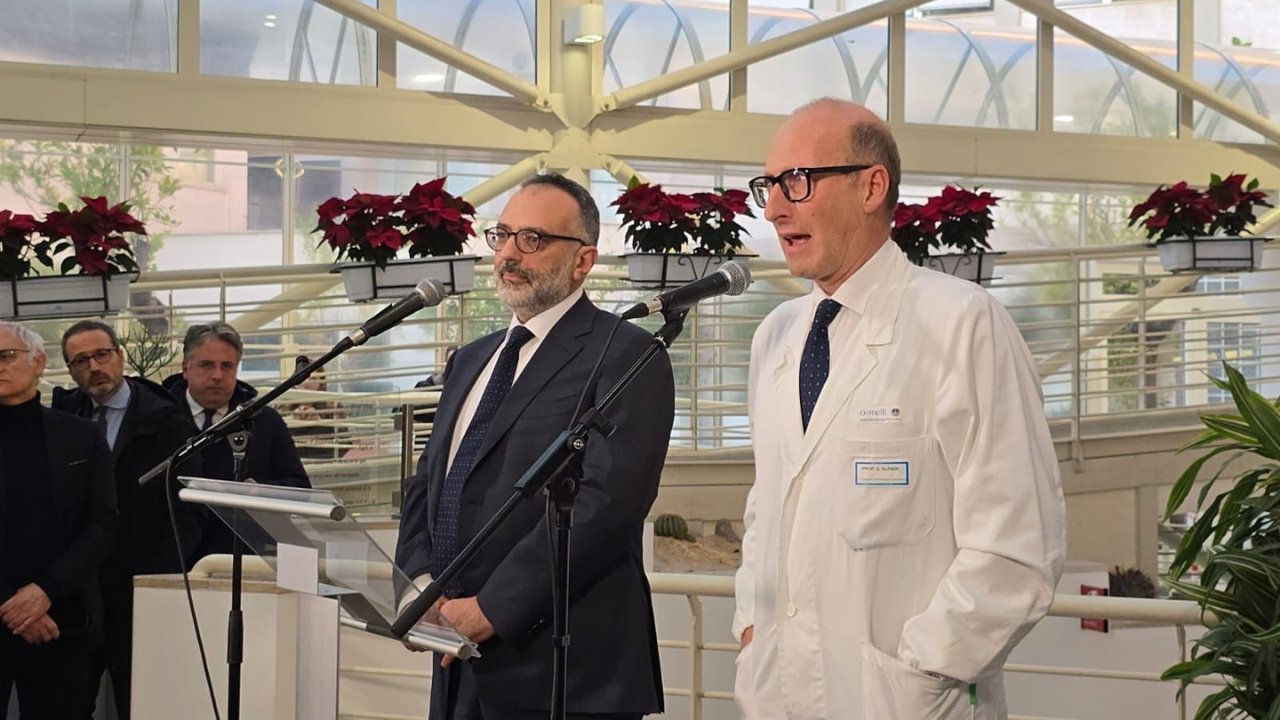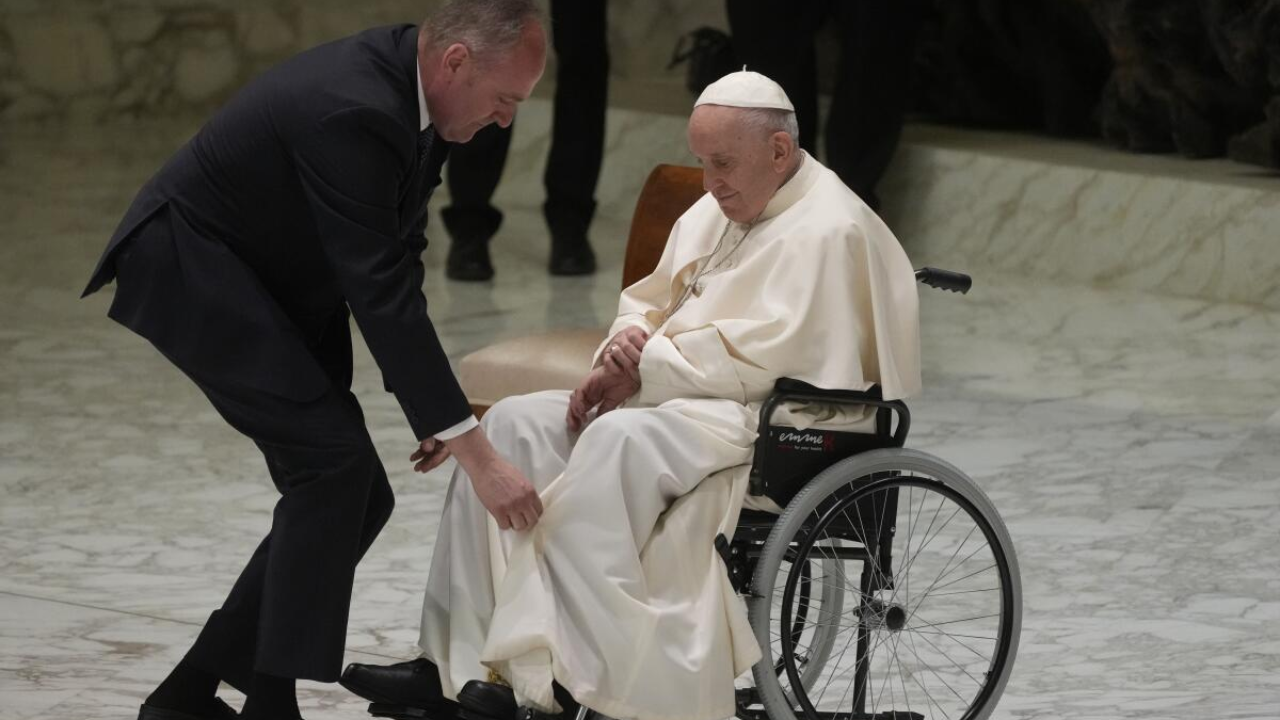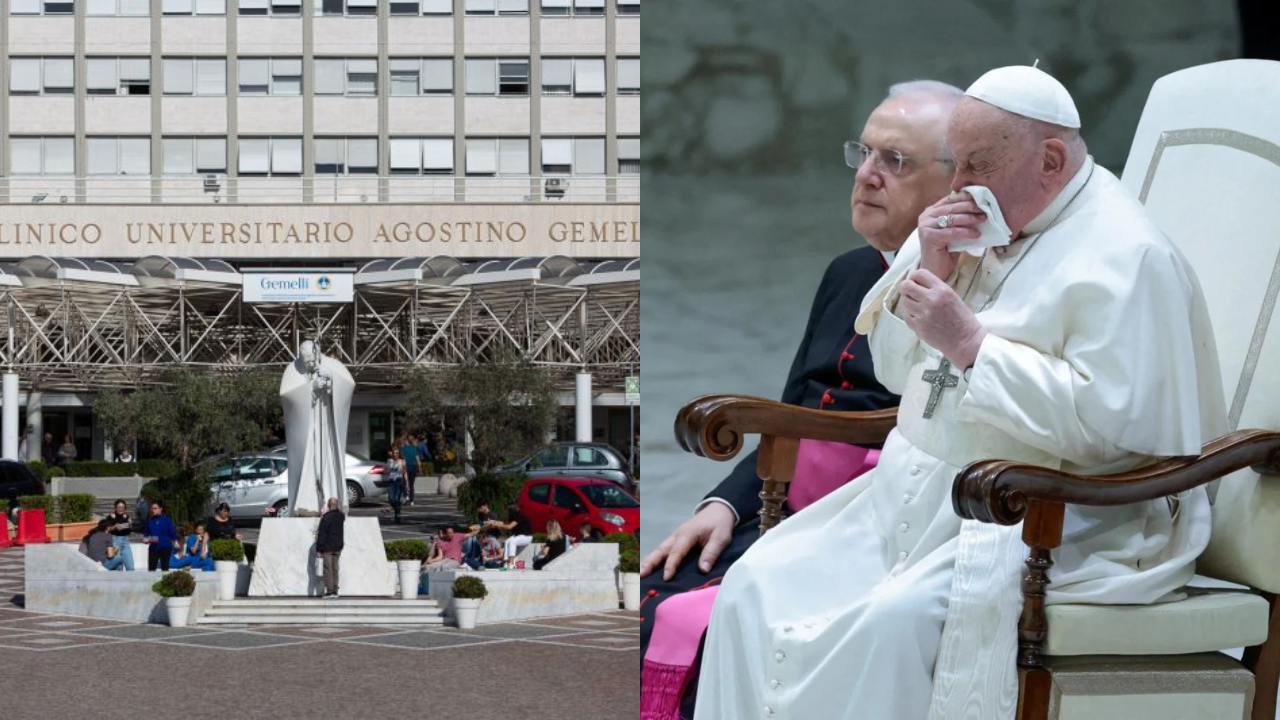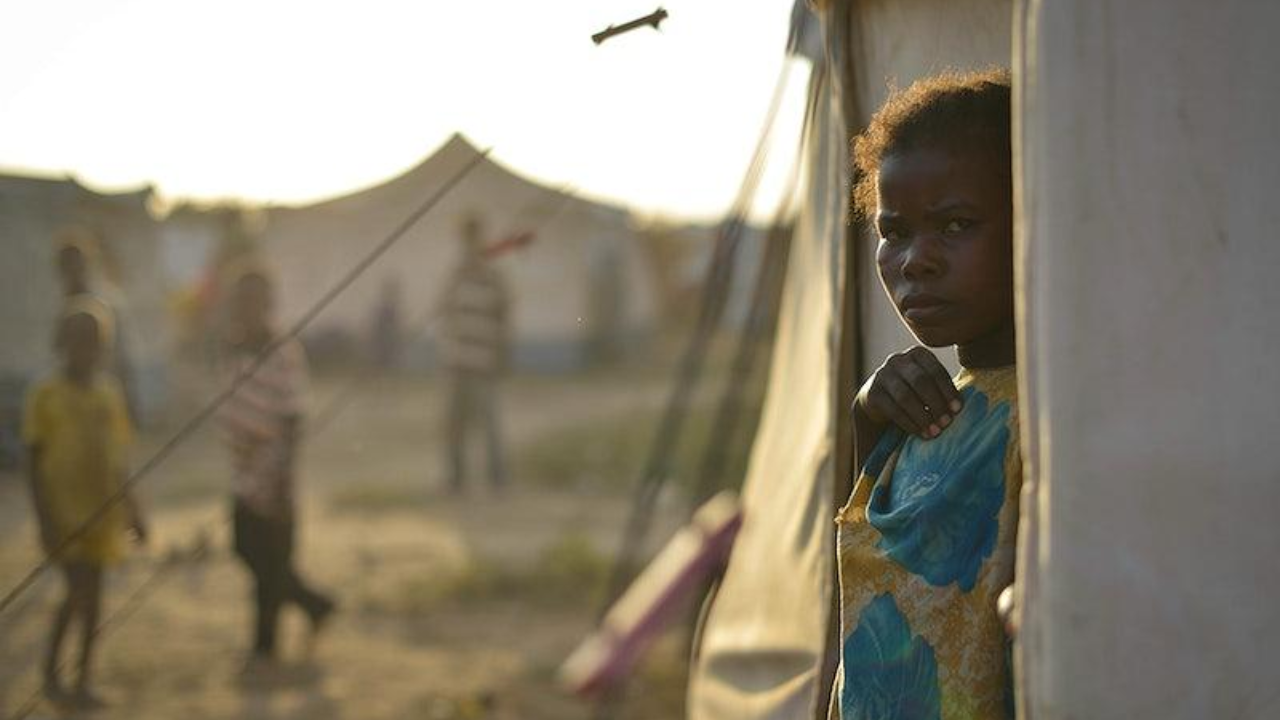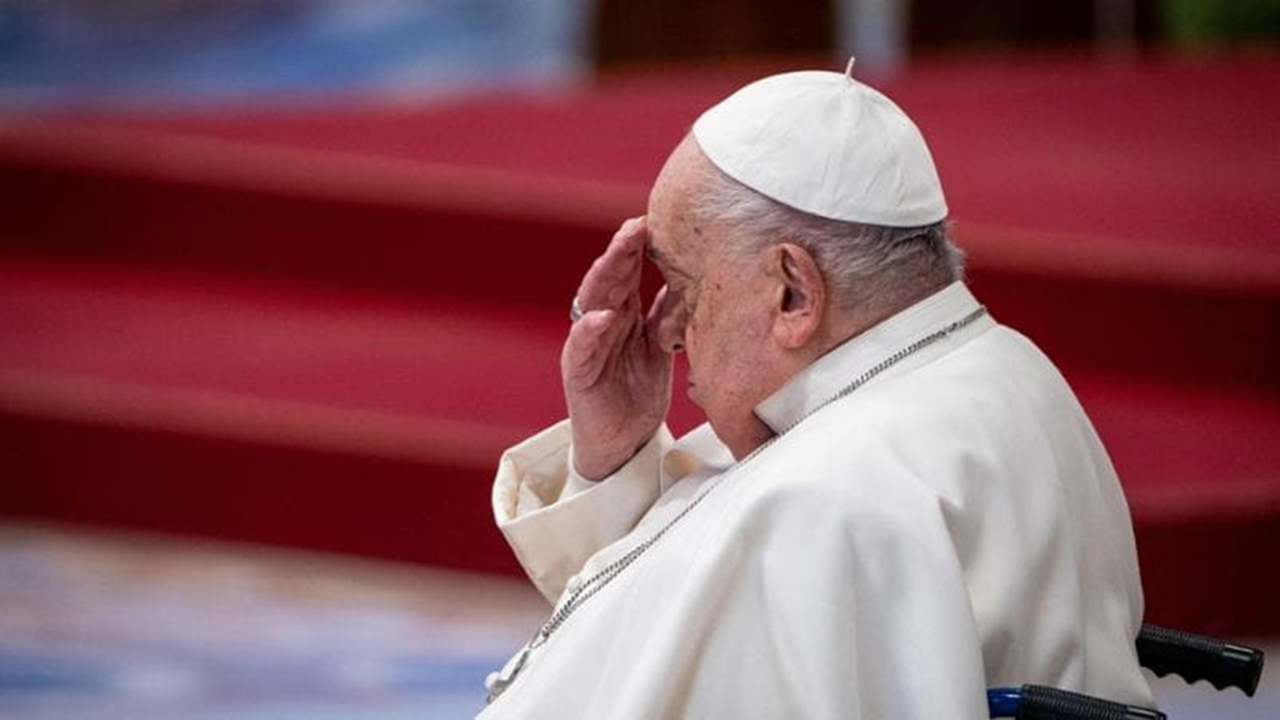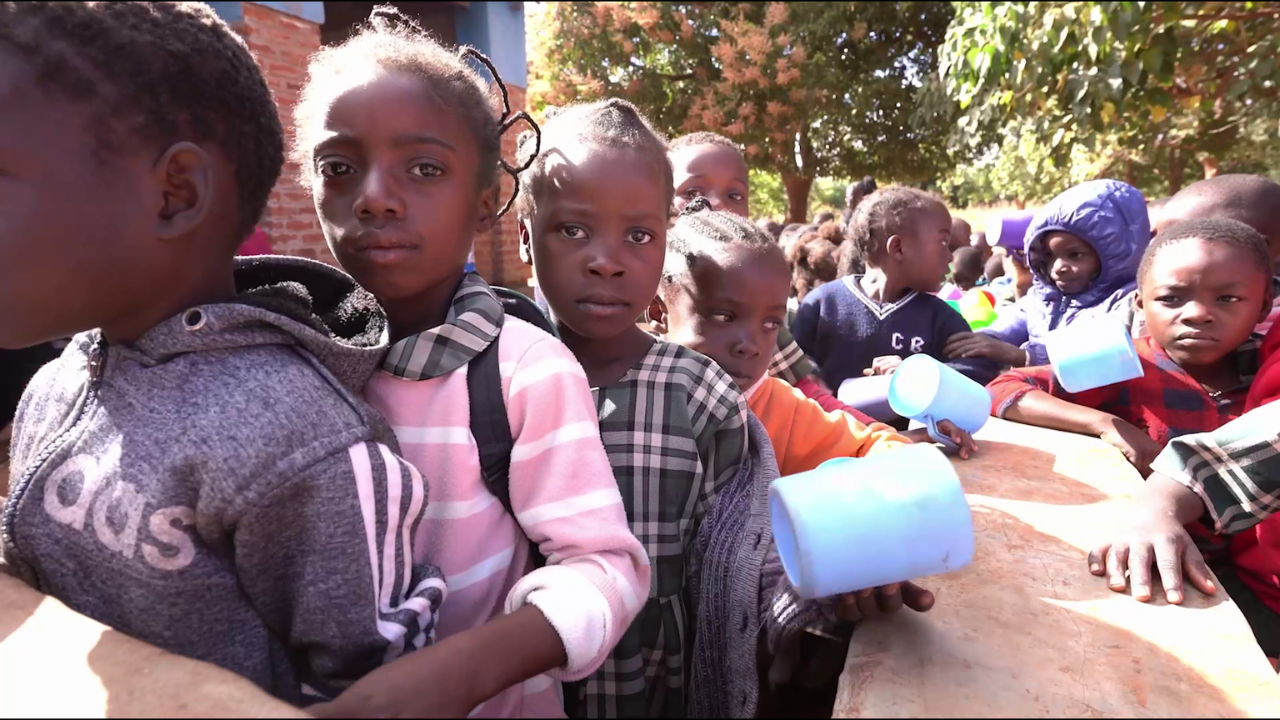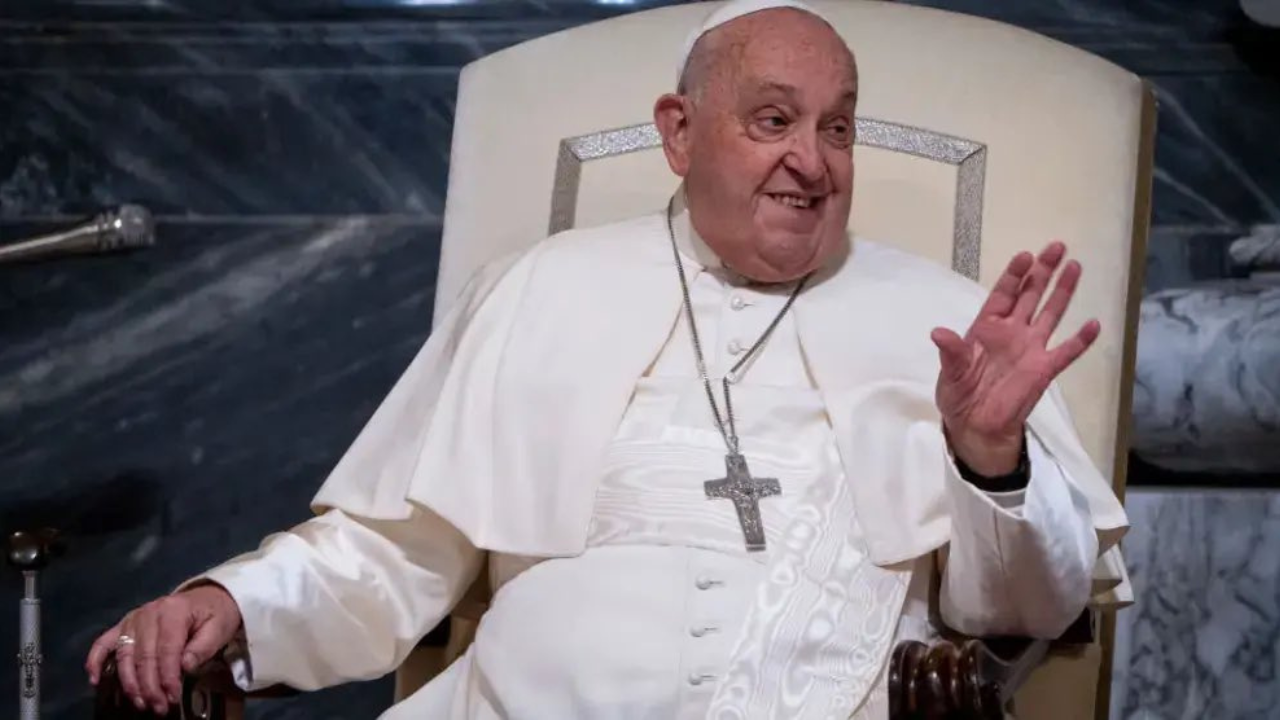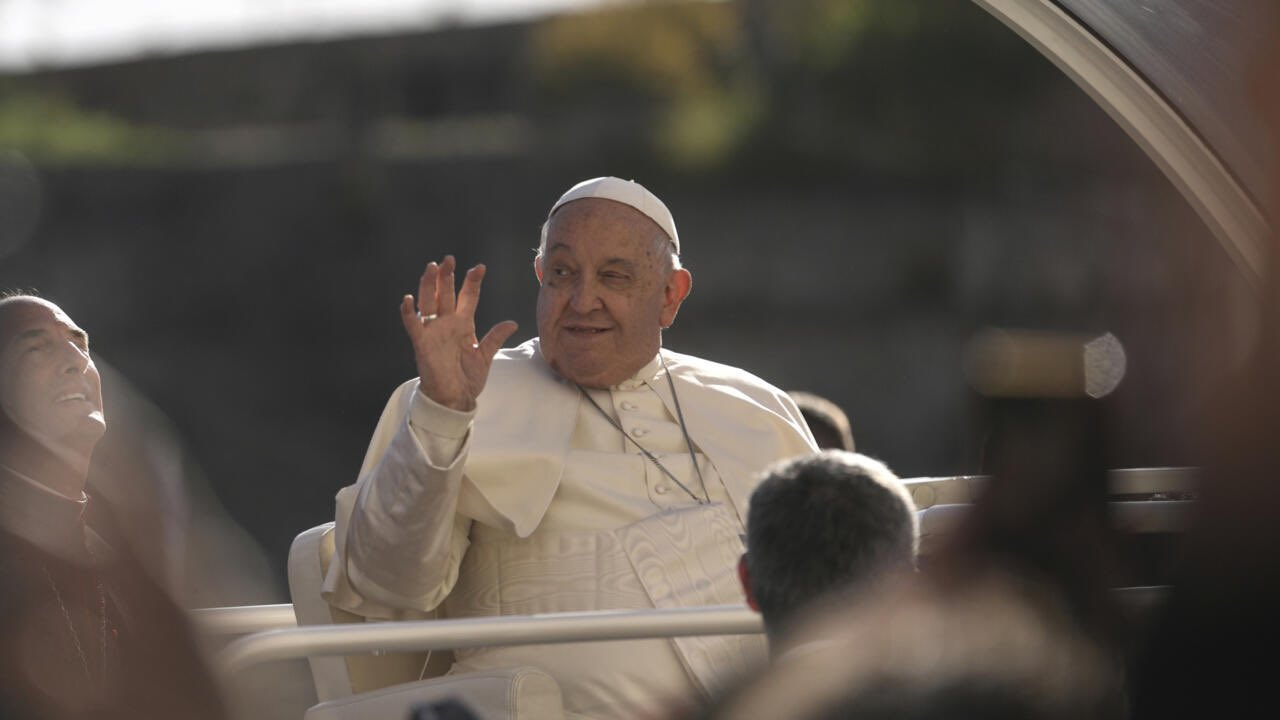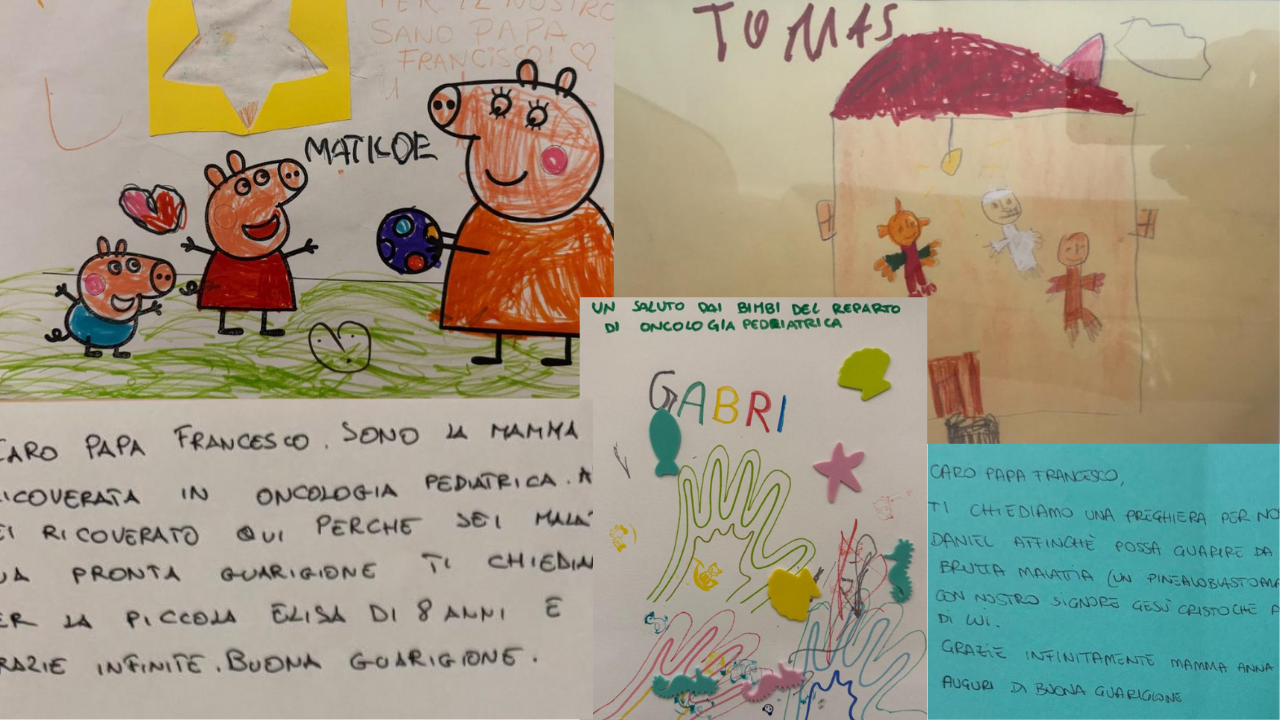((ONLY TEXT))
POPE'S WORDS BEFORE MASS
We continue to pray for sick people in this pandemic. Today I would like to ask for a special prayer for families, families who day after day find themselves with their children at home, because schools are closed for safety. They must manage a difficult situation and manage it well, peacefully and joyfully. In a special way I think of families with some people with disabilities. Care centers for people with disabilities are closed and the person remains in the family. Let us pray for the families so that they do not lose peace at this moment and are able to carry the whole family on with fortitude and joy.
POPE'S HOMILY IN ENGLISH
In his homily, Pope Francis comments on the Gospel of the prodigal son and merciful father, proposed by the liturgy of the day (Lk 15, 1-3. 11-32).
Many times we have heard this passage from the Gospel. This parable Jesus says in a special context: 'All the tax collectors and sinners approached him to listen to him'. The Pharisees and scribes murmured saying: 'He welcomes sinners and eats with them'. And Jesus answered them with this parable. What do they say? People, sinners approach in silence, they cannot say, but their presence says many things, they wanted to listen. What do the doctors of the law say? They criticize. 'They murmured,' says the gospel, trying to erase the authority that Jesus had with people. This is the great accusation: 'He eats with sinners, he is an impure one'.
Then the parable is a bit the explanation of this drama, of this problem. How do these people feel? The people feel the need for salvation. People cannot distinguish intellectually well: 'I need to find my Lord, who fills me', they need a guide, a shepherd. And people approach Jesus because he sees a shepherd in him, he needs to be helped to walk in life. Feel this need. The rest of the doctors feel enough: 'We went to university, I did a doctorate, no, two doctorates. I know well what the law says; indeed I know all the explanations, all the cases, all the casuistic attitudes '. And they feel sufficient and they despise people, they despise sinners: the contempt for sinners. In the parable, the same, what do they say? The son says to the Father: 'Give me the money and I'm leaving.' The father gives, but says nothing because he is a father, perhaps he will have had the memory of some girl he had done as a young man, but he says nothing.
A father knows how to suffer in silence. A father watches the time. He lets bad moments pass. Many times the attitude of a father is to 'play the fool' in the face of children's shortcomings. The other son rebukes his father: 'You have been unjust,' says a rebuke. What do these feel about the parable? The boy feels he wants to conquer the world, to go further, to leave the house, and perhaps he views it like a prison. He also says to his father: 'Give me what is mine'. He feels courage, strength. What does the father feel? The father feels pain, tenderness and a lot of love. Then when the son says that other word: 'I will get up - when it is part of itself - I will get up and go to my father'. He finds the father waiting for him. He sees him from afar. A father who knows how to wait for his children.
What does the older son feel? The Gospel says: 'He was indignant', he feels that contempt. And many times being outraged, many times, is the only way these people feel worthy. These are the things that are said in this passage of the Gospel, the things that are heard. but what is the problem? The problem - let's start with the eldest son - the problem is that he was at home, but he never realized what it means to live at home: he did his duties, he did his job, but he didn't understand or have a love relationship with the father. 'The son was outraged and didn't want to come in.' 'But isn't this already my home?' ... he thought. The same as the doctors of the law. 'There is no order, this sinner came here and they had a party for him, and I?'. The father says the clear word: 'Son, you are always with me and all that is mine is yours'. And of this, the son had not noticed, he lived at home as if he were a hotel, without feeling that paternity ... So many 'hotels' in the house of the Church that the owners believe.
Interestingly, the father does not say a word to the son who returns from sin. He only kisses him, embraces him and celebrates him. He had an armored heart for his conceptions of fatherhood, sonship, the way of life. I remember once a wise old priest, a great confessor, was a missionary, a man who loved the Church so much, and speaking of a young priest very sure of himself, very believing ... that he was of extreme value, that he had rights in the Church, he said: 'But I pray for this, so that the Lord will put a banana peel in front of him and let him slip, that will do him good.' As if saying, it seems a blasphemy: 'It will do him good to sin because he will need to ask for forgiveness and he will find the Father'.
This parable of the Lord tells us many things which is the answer to those who criticized him because he went with sinners. But also many today criticize, Church people, those who approach people in need, humble people, people who work, even those who work for us. May the Lord give us the grace to understand what the problem is. The problem is living at home but not feeling at home, because there is no relationship of paternity, of brotherhood, only there is the relationship of coworkers.
